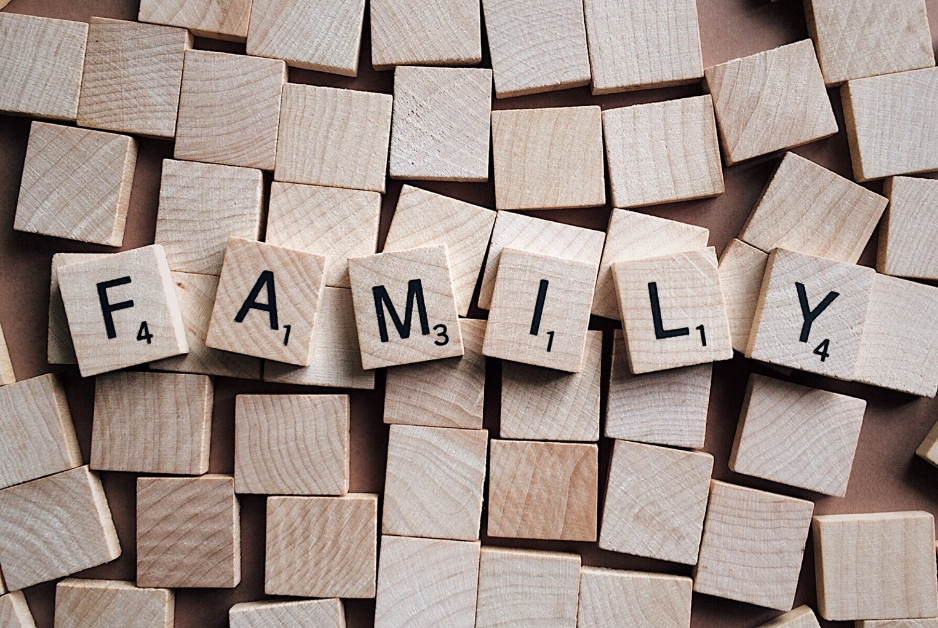Understanding Family Therapy
Written by Abigail Graham, LMSW
Family life can be challenging. Arguments, misunderstandings, and stress can turn home into a battleground rather than a safe haven. Thankfully, family therapy offers a solution! This guide will help you understand what family therapy is, how it works, and how your family can benefit from it.
What is Family Therapy?
Family therapy is a specialized form of counseling designed to improve communication, resolve conflicts, and strengthen relationships within a family. Unlike individual therapy, which focuses on one person, family therapy involves all members of the family working together with a therapist. The primary goal is to address issues affecting the entire family and foster a healthier, more supportive home environment.
How Does Family Therapy Work?
Family therapy typically follows these key steps:
- Assessment: The therapist begins by meeting with your family to discuss current concerns, family history, specific problems, and your goals for therapy.
- Goal Development: Together, you’ll establish clear, specific goals. These might include improving communication, resolving particular conflicts, or other issues that the family wants to address.
- Therapy Sessions: With goals in place, you’ll attend regular therapy sessions. The therapist will engage your family in activities, discussion topics, or strategies to tackle the issues at hand. Sessions may include all family members or just a few, depending on the situation.
- Review and Adjustment: At the end of each month, you’ll review progress with the therapist and adjust goals or strategies as needed.
- Closure: Therapy concludes when you feel your goals have been met. The therapist may offer follow-up sessions or resources to support continued progress.
How Long Does Family Therapy Last?
The duration of family therapy varies based on the family’s unique needs and goals. Typically, therapy ranges from 6 to 20 sessions. Some families see improvements after just a few sessions, while others benefit from longer-term support over several months.
Who Can Be Involved in Family Therapy?
Family therapy is flexible and can include various family members. While immediate family members—such as parents, guardians, and siblings—are typically involved, extended family like grandparents can also participate if it benefits the family dynamic. The key is that all participants are willing to work towards shared goals.
What Are the Benefits of Family Therapy?
Here are some of the top benefits of family therapy:
- Better Communication: Learn effective ways to talk and listen, ensuring everyone feels heard and understood.
- Conflict Resolution Development: Discover healthy strategies to handle disagreements and conflicts.
- Enhanced Relationships: Strengthen family bonds by understanding each other better and working through challenges together.
- Supportive Environment: Create a safe space where family members can share their feelings and concerns, making home a more nurturing place.
Family therapy can provide valuable support for families dealing with communication and conflict issues. It offers a way to improve understanding and strengthen support among family members. If your family is facing challenges, consider discussing family therapy with a parent, trusted adult, or therapist. At Backpack Healthcare, our trained therapists are ready to help. We have appointments available now — Schedule your appointment today and take the first step towards a healthier, happier family life!

